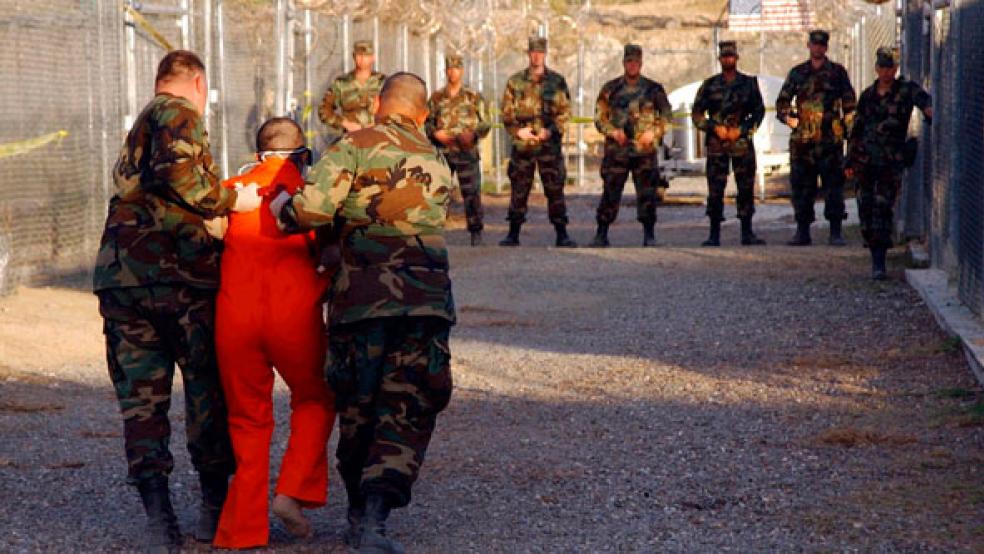Critics of President Obama have relished calling him “lawless” and often rely on tortured readings of statutes or even the Constitution to support their point. But a report from the non-partisan Government Accountability Office on Thursday leaves little room for doubt that in securing the release of Army Sergeant Bowe Bergdahl from his Taliban captors in Afghanistan, the administration broke two different laws.
On June 1, the administration exchanged Bergdahl, who had been held prisoner for nearly five years, for five Taliban prisoners at the U.S. detention facility at Guantanamo Bay, Cuba.
Related: 9 Cases the GOP Would Love to Bring Against Obama
Requested by a number of senior U.S. senators, including Minority Leader Mitch McConnell (R-KY), the report found that by failing to notify certain congressional committees 30 days prior to transferring the prisoners out of Guantanamo, the administration violated a provision of the Department of Defense Appropriations Act.
“Section 8111 prohibits DOD from using appropriated funds to transfer any individuals detained at Guantanamo Bay unless the Secretary of Defense notifies certain congressional committees at least 30 days before the transfer,” GAO found.
The agency also noted that by spending $988,400 to carry out the transfer, the Defense Department violated the Antideficiency Act, which bars federal agencies from spending money not appropriated by Congress.
Related: Bergdahl Swap Exacts Heavy Political Price
The report, which came in the form of a letter to the requesting senators signed by GAO General Counsel Susan A. Poling, noted that it was not taking a position on the advisability of the prisoner swap – merely on the violation of the notice requirement. It also said, “DOD should report its Antideficiency Act violation as required by law.”
When the prisoner trade was announced to the public – after it had happened – numerous critics of the administration tore into it, not just because of the apparent violation of the appropriations bill, but as a bad strategy for dealing with the Taliban. One argument was that the deal would make groups like the Taliban more likely to try to capture Americans.
The administration countered that by saying that the commander-in-chief was obligated to secure the return of a soldier captured on the battlefield – and that the Taliban already knows that the U.S. military places a high value on the lives of captured soldiers.
Top Reads from The Fiscal Times:





